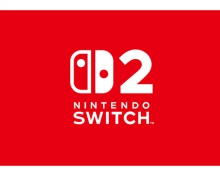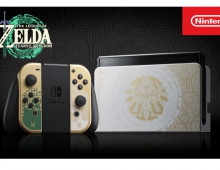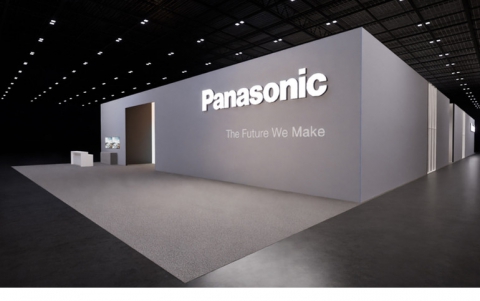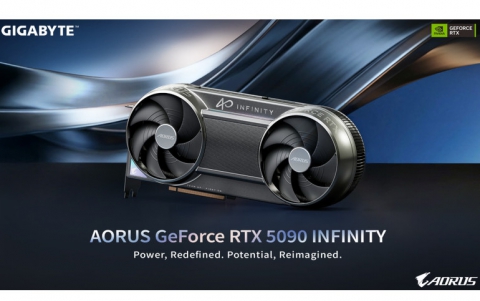
Nintendo's Wii May Get Early Launch
Nintendo has stated numerous times that its next generation video game machine will be less expensive than the competition. Now it appears that it might be on store shelves considerably earlier than many were expecting as well.
While Nintendo has not made any formal announcements about the launch date for the Wii, most of the industry has expected the machine to hit retail at approximately the same time as Sony's PlayStation 3 (which is set for November 17). Now, industry observers - and insiders - say they expect the system to be available in October, with late September a dark horse candidate, according to a CNN report.
Indeed, the company appears to be already manufacturing final retail units of the Wii, according to a June 21st analyst's note from P.J. McNealy of American Technology Research. That would give it a significant head start over Sony, which has yet to begin final manufacturing of the PlayStation 3. Microsoft's first Xbox 360 did not roll off the assembly line last year until 69 days before the on sale date of Nov. 22. (That late start in production is the root cause behind last holiday's shortages.)
"October is a reasonable timeframe," wrote McNealy.
Nintendo has downplayed any suggested dates. Other industry insiders said they, too, are expecting a September or October launch for the Wii.
A pre-November launch wouldn't be an unusual move for the company. In fact, it was only with the GameCube that the company opted for a November release for a home system. The NES, which established the company as a force in the gaming space, was released in the U.S. on Oct. 18, 1985. The Nintendo 64 dropped on Sept. 29, 1996.
Pricing for the Wii remains a question mark, but the most likely price points are $199 or $249. That would put it considerably below the PS3, which will sell two versions for $499 and $599. Microsoft is not expected to cut the prices of the two versions of the Xbox 360, which currently cost $299 and $399.
The Wii breaks many of the video game industry's traditional rules for a "next generation" console. Graphics on games that have been shown to media are not dramatically better than those found on GameCube games - and the system will not support high definition video, unlike its competitors who are using the move to HDTVs as a major part of their system. Nintendo president Satoru Iwata has also vowed to keep game prices lower than the $60 price tag for many Xbox 360 games (a price that's expected to be mirrored for many PS3 titles).
The most unusual aspect of the Wii, however, is its controller, which resembles a television remote-control. Instead of worrying about which button or which thumbstick corresponds to which action, Wii players will simply move their hands and wrists. That movement is then translated into onscreen movements. The remote also features two prominent buttons where the player's thumb and forefinger will rest.
Nintendo also has yet to announce the full list of games that will launch alongside the Wii, though it has confirmed "The Legend of Zelda: Twilight Princess" and "Metroid Prime 3: Corruption" - the latest installments in two of the company's premier franchises - will be available on day one. A new Mario game - "Super Mario Galaxy" - is deep in development, but will most likely come out after the Wii has launched.
Indeed, the company appears to be already manufacturing final retail units of the Wii, according to a June 21st analyst's note from P.J. McNealy of American Technology Research. That would give it a significant head start over Sony, which has yet to begin final manufacturing of the PlayStation 3. Microsoft's first Xbox 360 did not roll off the assembly line last year until 69 days before the on sale date of Nov. 22. (That late start in production is the root cause behind last holiday's shortages.)
"October is a reasonable timeframe," wrote McNealy.
Nintendo has downplayed any suggested dates. Other industry insiders said they, too, are expecting a September or October launch for the Wii.
A pre-November launch wouldn't be an unusual move for the company. In fact, it was only with the GameCube that the company opted for a November release for a home system. The NES, which established the company as a force in the gaming space, was released in the U.S. on Oct. 18, 1985. The Nintendo 64 dropped on Sept. 29, 1996.
Pricing for the Wii remains a question mark, but the most likely price points are $199 or $249. That would put it considerably below the PS3, which will sell two versions for $499 and $599. Microsoft is not expected to cut the prices of the two versions of the Xbox 360, which currently cost $299 and $399.
The Wii breaks many of the video game industry's traditional rules for a "next generation" console. Graphics on games that have been shown to media are not dramatically better than those found on GameCube games - and the system will not support high definition video, unlike its competitors who are using the move to HDTVs as a major part of their system. Nintendo president Satoru Iwata has also vowed to keep game prices lower than the $60 price tag for many Xbox 360 games (a price that's expected to be mirrored for many PS3 titles).
The most unusual aspect of the Wii, however, is its controller, which resembles a television remote-control. Instead of worrying about which button or which thumbstick corresponds to which action, Wii players will simply move their hands and wrists. That movement is then translated into onscreen movements. The remote also features two prominent buttons where the player's thumb and forefinger will rest.
Nintendo also has yet to announce the full list of games that will launch alongside the Wii, though it has confirmed "The Legend of Zelda: Twilight Princess" and "Metroid Prime 3: Corruption" - the latest installments in two of the company's premier franchises - will be available on day one. A new Mario game - "Super Mario Galaxy" - is deep in development, but will most likely come out after the Wii has launched.





















